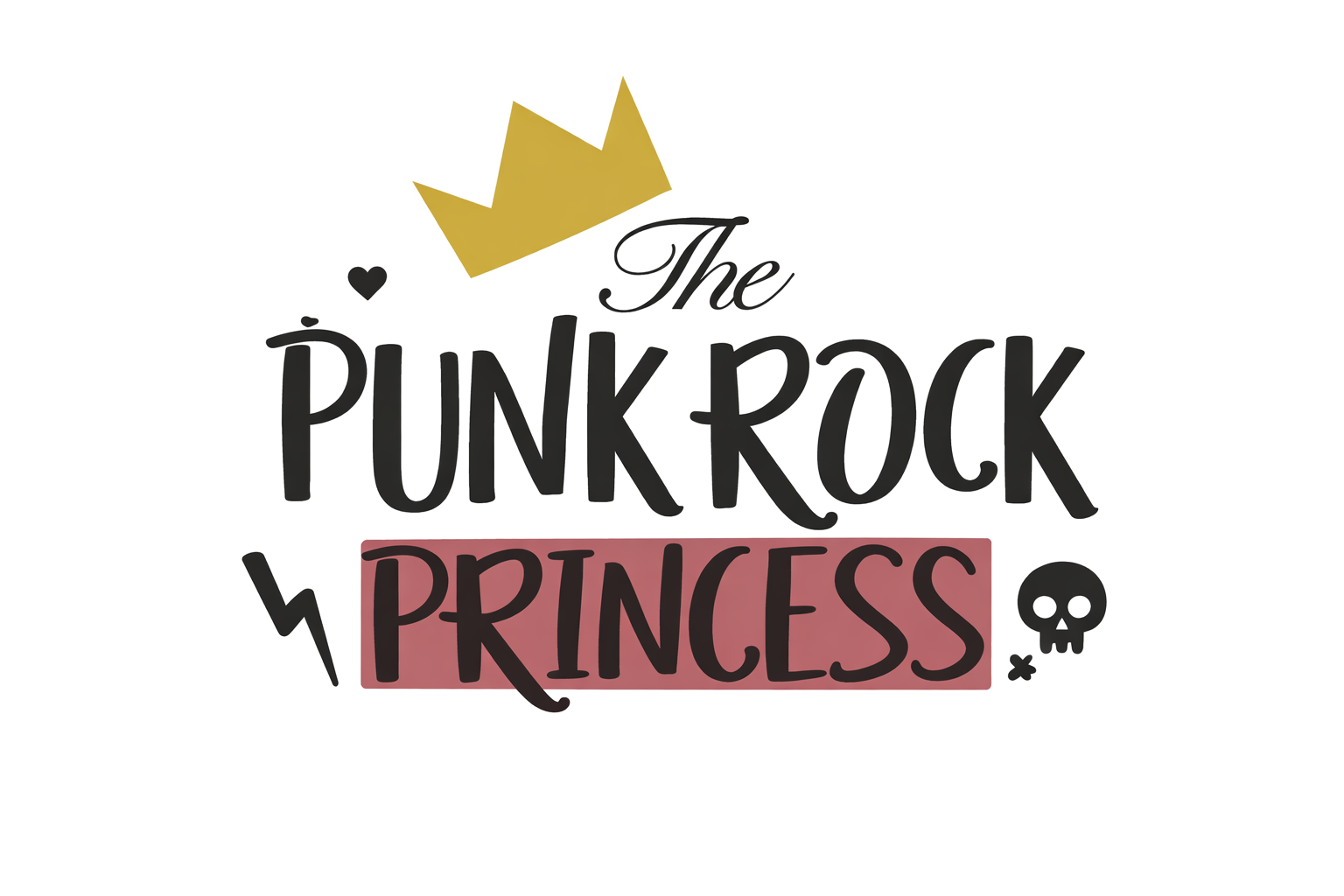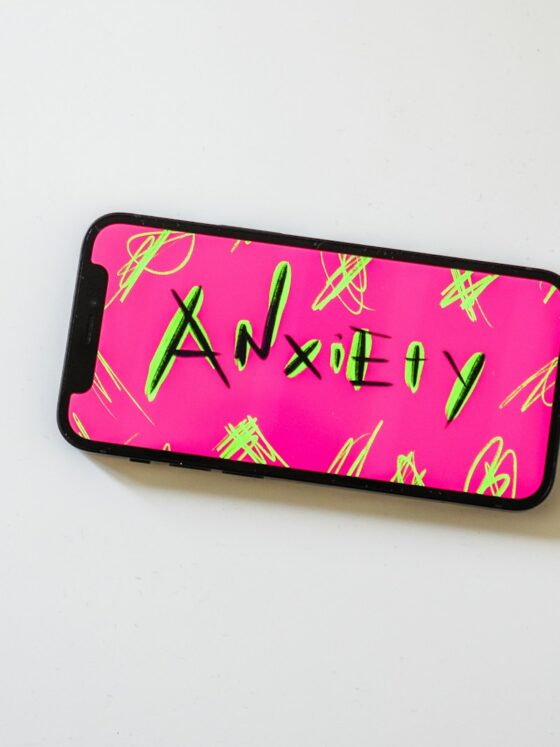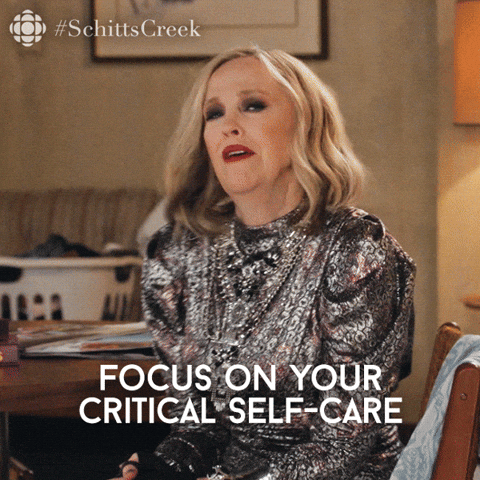You know that moment when someone casually says, “Oh, you’ve put on a little weight,” or “Wow, you’re looking skinny,” and suddenly your brain spirals for the rest of the day? Yes, I have personally experienced this. This has happened to me more often than I would like to admit.
Body comments hurt because they affect self-worth, body image, and emotional wellbeing more deeply than most people realise.

The truth is that body comments, regardless of whether they are intended as compliments, tend to stick. And lately, I’ve been learning how exhausting it is. It feels like every part of your body is up for public discussion.
Here’s my reality check
Recently, I’ve actually been doing the opposite of what people think when they comment. I’ve been trying to get healthier. I have been cutting back on the drinks. I am moving my body more. I am doing the small everyday things that actually make me feel positive.
And yet, one offhand remark about my weight was enough to undo hours of self-encouragement. Suddenly, I wasn’t proud of the healthier choices I’ve been making. I was stuck replaying someone else’s observation in my head.
Why do people feel the need to comment?
Here’s the thing: most people who comment on weight don’t mean to hurt you. They might even think they’re complimenting you. But intentions don’t cancel impact.
Body comments often come from:
- Old habits often stem from a generation that equates thinness with beauty and health.
- People often resort to small talk fillers due to a lack of meaningful conversation starters.
- Projection – Sometimes, they’re just reflecting their own insecurities.

At the end of the day, isn’t it exhausting? My body is not a conversation starter.
What do those comments really do?
When someone comments on your weight, they’re making assumptions they can’t possibly know. They don’t know if you’ve been:
- Recovering from illness
- Managing stress and hormones
- Working on healthier habits
- Struggling with food or body image
And that’s where it gets dangerous. Sometimes, “You’ve lost weight” might sound flattering. However, for someone who is in recovery or coping with stress, this statement could raise concerns.
What I wish people would say instead.
Instead of “You look like you’ve gained/lost weight,” try:
- “You look beaming today.”
- “I love your energy.”
- “That outfit is for you.”
Compliments that don’t tie directly to body size feel like little gifts. They serve as reminders that I’m more than what the scale says.
Learning to take the power back
Here’s what I’ve been reminding myself (and maybe you need a reminder too):

- My worth is not measured in numbers.
- My body is allowed to change and it probably will, many times.
- Choosing health for myself (not for a look, not for a comment) is something worth celebrating.
Some days it’s easier than others. Some days, I want to scream “Please stop talking about my body” to anyone who even glances my way. But slowly, I’m learning that the only voice that matters most is my own.
How to set boundaries (without the awkwardness)
If someone comments on your body and it makes you uncomfortable, you can always respond with:
- “I’d rather not talk about my body right now.”
- “Thanks, but I’m focusing on how I feel, not how I look.”
- Or just smile and change the subject — because you don’t owe anyone an explanation.
Boundaries can be brief, yet impactful.
The verdict
At the end of the day, we’re all just trying to survive in a world that’s obsessed with appearances. If you’ve been laying off the drinks, let that be enough. Hitting the gym is enough, too. Just making healthier choices for you is sufficient. If you have stopped drinking, consider that enough. Continue going to the gym. Making healthier choices for yourself is sufficient, too.
Your body is not a conversation topic. It’s not a billboard for people’s opinions. It’s yours.














